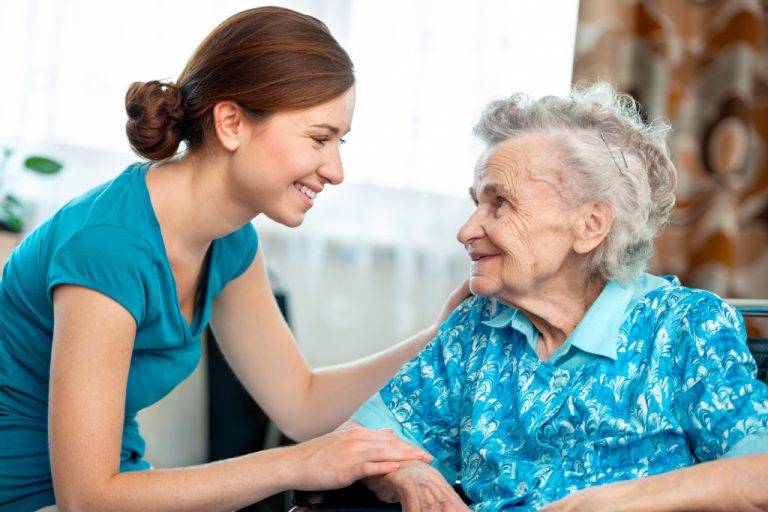It’s only natural that we worry about our loved one’s health and well-being as they age. After all, with age comes an increased risk of developing chronic health conditions such as heart disease, stroke, cancer, and diabetes. Fortunately, we can take steps to help our older loved ones stay healthy and reduce their risk of developing these conditions. Here are some tips for keeping your older loved ones’ health in check.
1. Schedule Regular Checkups and Screenings
One of the best ways to keep your older loved ones healthy is to ensure they’re up-to-date on their checkups and screenings. This includes yearly physicals, vision and hearing tests, and screenings for conditions like cholesterol, colon cancer, and breast cancer. These regular checkups allow doctors to catch any potential health problems early on and provide treatment before the situation becomes severe.
Some people also choose to get genetic testing done as they age. This can help identify any conditions passed down from generation to generation. If you’re considering this for your older loved ones, be sure to speak with their doctor first to see if it’s right for them.
2. Beware of Trips and Falls
Because older adults are more likely to suffer from health conditions that cause weakness or balance problems, they are also at a higher risk of trips and falls. Falls are the leading cause of injuries and deaths from injury among older adults. To help prevent falls, make sure your loved ones’ homes are free of any potential trip hazards. This includes loose cords, throw rugs, and cluttered floors. You should also install grab bars in the bathroom and other areas where your loved ones might need extra support.
Suppose they fall even once; their risk of falling again doubles. So, if they do take a tumble, make sure to have them checked out by a doctor to rule out any serious injuries. The knees are especially vulnerable to injury in falls, so visit knee pain specialists if they’re experiencing any pain or instability after a fall. This will help ensure they get the treatment they need to recover and reduce their risk of future falls.

3. Encourage Them to Eat a Healthy Diet
Another vital way to keep your older loved ones’ health in check is to encourage them to eat a healthy diet. This means eating a lot of nutritious foods. It’s also important to limit sugary drinks and processed foods. A healthy diet helps improve overall health and can also help reduce the risk of developing chronic health conditions like heart disease, stroke, and diabetes.
Because our bodies change as we age, we must ensure our diet reflects these changes. For example, older adults need fewer calories than they did when they were younger. But they still need the same essential nutrients to stay healthy. So, it’s important to focus on quality over quantity when it comes to food.
4. Help Them Stay Active
It’s essential for everyone to stay active as they age, but it’s especially important for older adults. Regular physical activity helps improve overall fitness, reduces the risk of falls and injuries, helps manage chronic health conditions like arthritis and diabetes, and can even help improve cognitive function. If your older loved one isn’t very active, there are plenty of ways to get them moving, such as taking walks together or joining an exercise class designed for seniors.
You can also help them stay active by ensuring their home is safe and easy to move around in. This includes removing any potential trip hazards and ensuring there’s plenty of space to move around freely. If they use a wheelchair or walker, ensure their home is accessible, and they have the proper equipment to help them get around.
5. Help Them Stay Connected socially
Staying connected socially is another vital way to keep your older loved ones’ health in check. Social isolation and loneliness can lead to a decline in physical and mental health, so it’s crucial that older adults have regular social interactions with family members, friends, or other members of their community.
Help them attend religious services together, join a social club or senior center, or volunteer in the community. These activities will help them stay active and engaged, both mentally and physically. You can also help them stay connected by calling or visiting often and inviting them to family gatherings and other events.
These are just a few tips for keeping your older loved ones‘ health in check. If you have any concerns about their health, be sure to talk to their doctor. And, if you’re ever in doubt, it’s always better to err on the side of caution and call 911 if you think they may be having a medical emergency. With a little planning and some extra care, you can help your loved ones age gracefully and enjoy their golden years.











